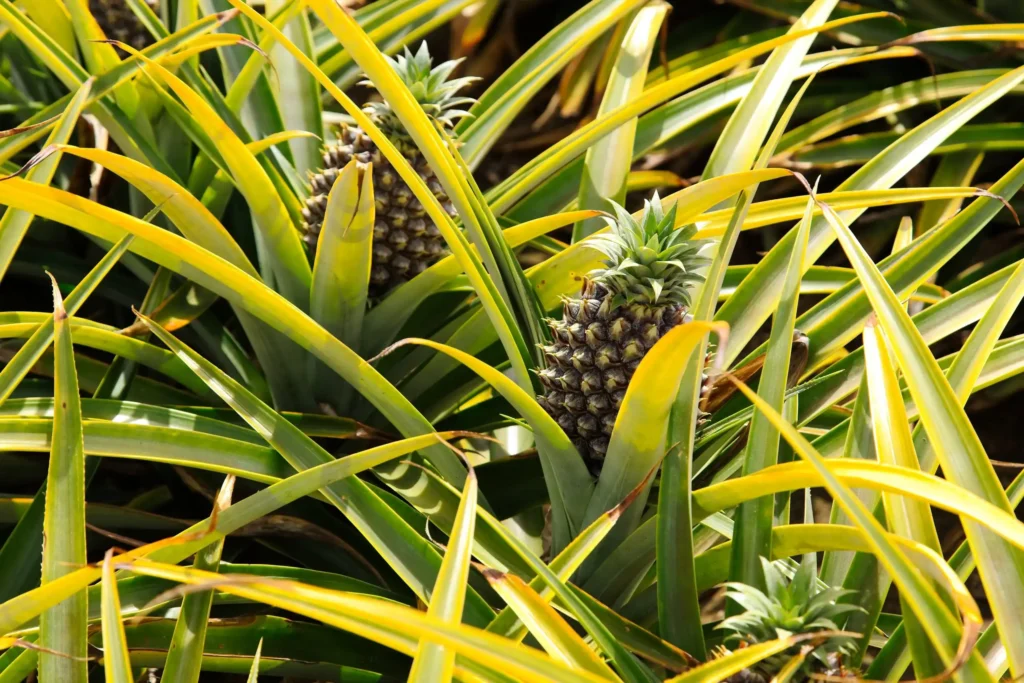As Nigeria continues to seek sustainable solutions to youth unemployment and food security, experts are increasingly pointing young people toward agribusiness — with pineapple farming standing out as a high-value, low-barrier opportunity. In an exclusive interview, agricultural consultant and pineapple producer, Mr. Adewale Adediran, shared valuable insights into why young Nigerians should consider entering the pineapple value chain.
Why Pineapple Farming Stands Out
According to Adediran, pineapple farming offers multiple advantages compared to other crops. “It requires relatively modest startup capital, has high demand both locally and for export, and does not depend heavily on complex irrigation systems,” he said.
He explained that a single hectare can yield over 50,000 fruits per cycle, and with prices ranging from ₦150 to ₦300 per fruit at farmgate, the returns can be substantial. “If you do the math, a well-managed pineapple farm can generate millions annually, especially when farmers link up with processing companies or export chains,” Adediran added.

Growing Market Demand
Nigeria’s pineapple consumption continues to grow due to its popularity as a fresh fruit and its demand in the juice industry. Additionally, export opportunities to Europe and the Middle East have expanded. “Nigerian pineapples are naturally sweet and have unique flavor characteristics, making them competitive in global markets,” he said.
The government’s renewed focus on non-oil exports, as part of its diversification agenda, also favors fruit farming, with pineapple among the top crops considered under the Export Expansion Grant (EEG) and other support programs.
Low Entry Barriers for Young Farmers
Adediran stressed that pineapple farming is ideal for young people due to its scalability and flexibility. “You don’t need to own vast acres of land to begin. Even with a quarter-hectare and the right planting materials, one can start small and scale up within a year or two,” he said.
He also highlighted that the crop does not require much fertilizer, grows well in many parts of southern Nigeria, and has a cycle of about 12 to 18 months depending on the variety. “That gives new farmers time to learn while growing income,” he noted.
Challenges and How to Overcome Them
Despite the potential, the expert warned that pineapple farming isn’t without hurdles. “Access to quality suckers (planting materials), pest control, and post-harvest logistics are real issues,” Adediran noted. However, he said that joining farming cooperatives, undergoing proper training, and leveraging agricultural extension services can help address these challenges.
He urged the government to expand access to mechanization, offer training on value addition like drying or juicing pineapples, and streamline the process for young farmers to access financing through agencies like BOA (Bank of Agriculture) and NIRSAL Microfinance Bank.
Advice to Aspiring Agripreneurs
Adewale Adediran encouraged Nigerian youth to view agriculture through the lens of entrepreneurship, not just subsistence. “If you treat it like a business, with proper record keeping, marketing plans, and reinvestment strategies, pineapple farming can change your life,” he emphasized.
He concluded by advising interested young people to begin with proper mentorship and research. “There are youth-focused agriculture hubs and demonstration farms that provide hands-on experience. Take advantage of them,” he urged.
As Nigeria’s population continues to rise and the need for job creation and food security deepens, pineapple farming presents a golden opportunity — ripe for the taking by the country’s enterprising youth.





